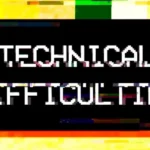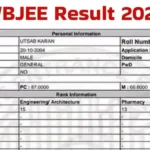Justice Yashwant Varma Cash Row
Justice Yashwant Varma Cash Row: The Supreme Court strongly criticized a petition linked to an alleged cash recovery involving Justice Yashwant Varma. It dismissed the plea, citing a lack of transparency and hidden identity, and emphasized the importance of responsible legal action.

Image: Hindustan Times
Court Questions Credibility and Motive
The Supreme Court, led by Chief Justice DY Chandrachud, expressed serious concern over the intent behind the petition. The petitioner failed to reveal their identity, which raised suspicions. Consequently, the court questioned whether the motive was genuine or aimed at undermining judicial credibility.
Moreover, the bench remarked, “This petition should never have been filed.” Following the stern observation, the petitioner voluntarily withdrew the plea.
Petition Lacked Transparency and Evidence
According to the court, the petition appeared to be based solely on media reports rather than verified facts. This reliance on secondary sources, without solid evidence, weakened the credibility of the plea. In addition, the timing of the petition further fueled doubts about its authenticity.
Justice JB Pardiwala and Justice Manoj Misra, who were also part of the bench, emphasized that public interest litigations (PILs) must be filed with caution and good faith. Otherwise, they risk damaging the judicial system’s integrity.
Background of the Case
Earlier this month, media outlets reported the recovery of a large amount of cash, allegedly linked to judicial officers. Although no official record named Justice Varma directly, the news sparked speculation. The petition sought an investigation based on this unverified media coverage.
Legal experts argued that such petitions could misuse the PIL platform. Instead of addressing actual wrongdoing, they might be attempts to gain attention or manipulate public opinion.
Read More..- Bengaluru’s Empire Chicken Kebabs Fail Food Safety Test
Judiciary Stands Firm
Despite growing scrutiny, the Supreme Court reiterated its commitment to judicial independence. It made it clear that baseless petitions and anonymous filings would not go unchallenged. In doing so, the court sent a strong message against sensationalist legal tactics.
Ultimately, the court’s handling of this matter underscores its role in safeguarding institutional integrity. It also encourages the responsible use of legal avenues in the public interest.














